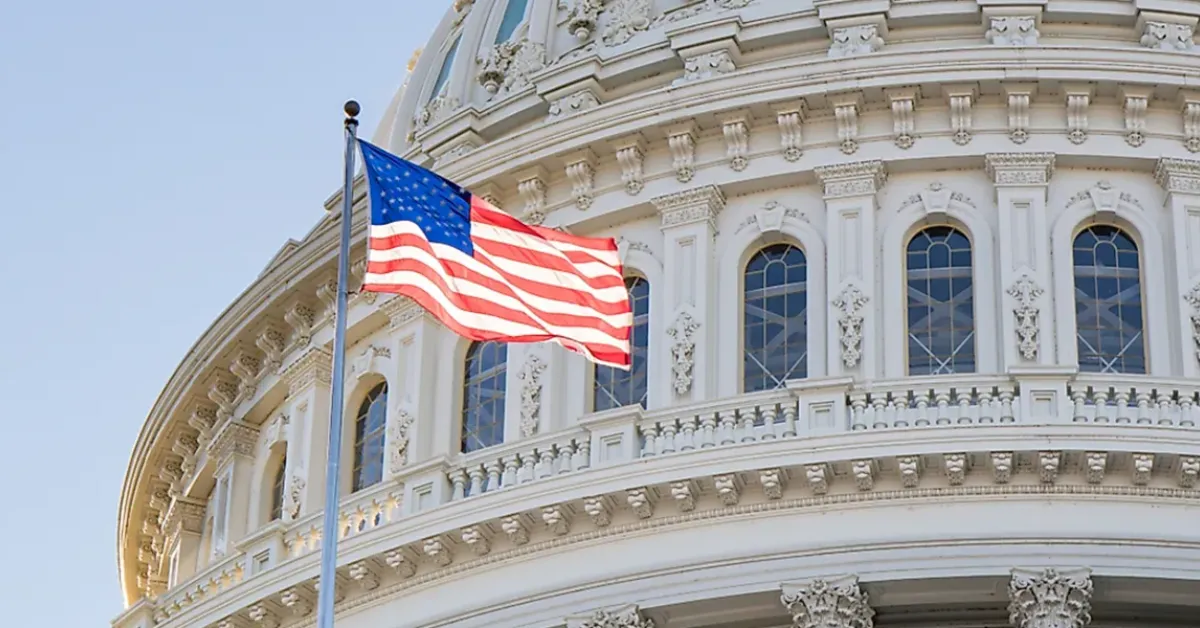Extended Work Permit Program at Risk: What the US Immigrants Need to Know

A resolution has been introduced by a coalition of lawmakers aiming to repeal an administrative rule implemented during the Biden administration.
This regulation, which extended the automatic renewal period for work permits from 180 days to 540 days, was designed to mitigate employment disruptions for non-citizens as they await the processing of their work authorization applications. If the resolution is successful, it could significantly affect a wide range of immigrant populations, including green card applicants, refugees, and spouses of H-1B visa holders.
Critics of the Biden administration's policy argue that the extension undermines immigration enforcement measures established in earlier years and has contributed to broader concerns regarding border security. They assert that loosening these regulations could pose challenges in managing immigration effectively. The Department of Homeland Security (DHS) finalized the rule enhancing the work permit extension in December 2024, with the new regulation taking effect on January 13, 2025.
This change was intended to address the precarious employment statuses of eligible non-citizens while their renewal applications are being processed.
For applicants to qualify for the 540-day automatic extension of their Employment Authorization Documents (EADs), they must meet certain criteria. These include submitting a renewal application (Form I-765) prior to the expiration of their current EAD and ensuring that the renewal application corresponds to their existing category or is based on Temporary Protected Status (TPS).
The extension specifically applies to multiple work authorization categories, encompassing various immigrant groups. Key eligible populations include spouses of H-1B visa holders, adjustment of status applicants, and individuals with pending asylum applications, among others. The potential repeal of the 540-day extension raises serious concerns about employment stability for numerous foreign workers and their families. Spouses of H-1B and L-1 visa holders, for example, may experience significant job disruptions.
While L-2 visa holders can work automatically, processing delays can impede their employment. On the other hand, H-4 visa holders only receive work authorization if their H-1B spouse is in the process of obtaining a green card, making them particularly vulnerable to job losses amid any administrative delays. The implications of this resolution extend beyond individual workers. The H-1B visa program plays a critical role in the US technology sector, which is currently facing a labor shortage.
In 2023, over 250,000 petitions were filed for H-1B visas. The demand for these skilled workers continues to exceed the available supply. A rollback of the work permit extension could exacerbate workforce gaps, hampering industry productivity. Moreover, the US is grappling with a considerable backlog of over 1.8 million pending employment-based green card applications, raising the stakes further.
The repeal could result in increased employment gaps, job security risks for many immigrants, and additional burdens on employers who may encounter disruptions in hiring and added administrative challenges. Families reliant on H-1B spouses with affected work permits may also face significant financial instability.














Add new comment